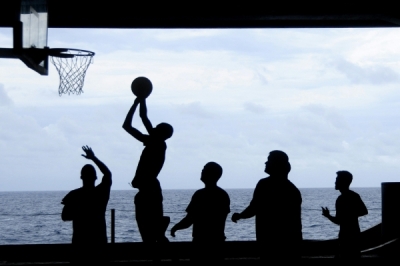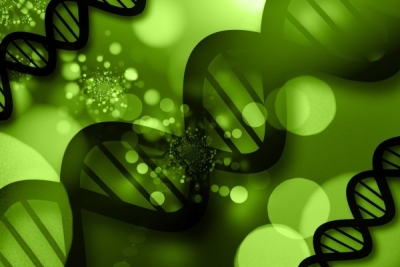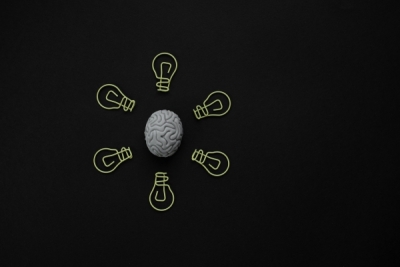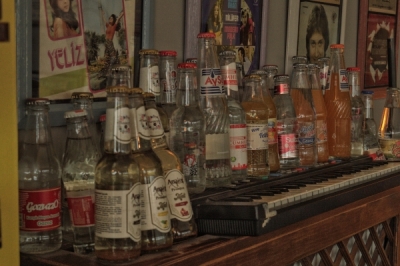Data from the United Kingdom indicate that between 2019 and 2021, 1.6 million adults aged between 16 and 74 years suffered rape or attempted rape (1). In Brazil, according to data from Ipea (Institute of Applied Economic Research), the estimated number of rape cases per year is 822,000, the equivalent of two per minute. It is also known that the harmful use of alcohol is significantly associated with the occurrence of incidents of violence, including those of a sexual nature. In this sense, a qualitative survey by CISA in partnership with Ipec (Intelligence in Research and Strategic Consulting - Inteligência em Pesquisa e Consultoria Estratégica) showed that women perceive that alcohol increases their susceptibility to incidents of violence, such as abuse and harassment, even serving as a reason to control consumption, especially in situations where they will be unaccompanied.
Another important aspect concerns how much alcohol affects people's ability to remember the experience, especially when the level of intoxication is high. When a rape is reported, acute alcohol intoxication may raise questions about the victim's and witnesses' ability to remember the crime accurately, and may call into question the very existence of sexual abuse when alcohol is involved. Given the obvious seriousness of the issue, it is essential that there be research that clearly shows the role of alcohol in this type of incident. Is this substance capable of affecting judgment to the point of erasing or distorting memories of incidents of this nature?
Excessive alcohol consumption can impair the consolidation, formation and maintenance of new memories by exerting a short-term neurochemical effect on the neural networks of a region of the brain called the hippocampus. The amnesia in this case is classified as being of the “anterograde” type, since excessive alcohol intake makes it impossible to form memories of new events that occurred after intoxication, without prejudice to the recovery of memories prior to this moment.
A 2019 meta-analysis concluded that witnesses recall fewer correct details about a crime they witnessed when intoxicated by alcohol compared to being sober, yet the number of divergent details they recall about the crime did not differ based on alcohol consumption (2). Thus, alcohol seems to affect the completeness but not the accuracy of memory reports.
An explanation for this finding suggests that intoxicated witnesses may adjust their memory report to avoid errors of omission due to their own belief that alcohol impairs memory (3). Another theory, called hypervigilance, suggests that memory accuracy for non-consensual activities will be higher if participants believe they have consumed alcohol, due to the fact that they engage in more hypervigilant or cautious behaviors compared to their peers. In addition to these, there is the hypothesis that people intoxicated by alcohol during sexual encounters may mistakenly remember consensual activities as non-consensual (4,5).
Aiming to encompass knowledge on this topic, a recently published study assessed whether acute pre-date alcohol intoxication affects the accuracy with which women differently remember sexual activity, both consensual and non-consensual (6). The study used an experimental mixed design with three independent variables: type of drink consumed (tonic water or alcohol), participants' experience about the drink consumed (tonic water or alcohol) and type of sexual activity (consensual and non-consensual). The group that ingested tonic water had 48 participants, with 26 believing they were consuming alcohol and 22 expecting to consume only tonic water, while the group that ingested alcohol had 42 participants, with 22 expecting alcohol and 20 expecting tonic water.
In this study, 90 women between 18 and 32 years old participated. They were presented with different scenarios involving interactions with men, including consensual and non-consensual sexual activities. The scenarios were presented by computer through the participant's choice procedure. After exposure, participants answered a questionnaire about their memories of the activities and how confident they felt in their answers. The level of intoxication perceived by the participants was also evaluated. After seven days, they answered an online questionnaire about the activities they consensually engaged in and the memory of details of events that occurred during the consensual or non-consensual relationship.
The results show that women who consumed alcohol during the experiment were just as accurate in remembering consensual as non-consensual sexual activities. Participants who expected to consume alcohol were also found to be more accurate, descriptively speaking, in remembering non-consensual sexual activities compared to those who expected to consume tonic water, which is in line with the hypervigilance hypothesis. Furthermore, regardless of the type of beverage consumed, participants were generally overconfident in their memory accuracy. These findings have important implications for practice, as they do not support the memory distortion explanation, which makes the opposite prediction (ie, that alcohol consumption leads to even more inaccurate recall).
There are several limitations of this study, one of which is that the participants were not exposed to the same degree of trauma as a rape victim. Another limitation is that the levels of alcohol intoxication experienced by the participants are low to moderate. However, this study raises important research questions and theoretical approaches that need to be investigated.











